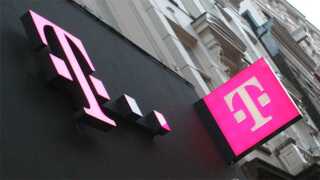The deal, worth €200 million, is for Italy’s so-called “white areas”, where infrastructure is financed by public funding.
Mario Rossetti (pictured), Open Fiber’s CEO, said it was “a new page of constructive collaboration in the interest of the country and businesses”.
The companies said the deal “marks the start of a new phase in the relations between the main Italian infrastructure operators, and aims to ensure a more efficient use of resources”.
Pietro Labriola, TIM’s CEO, said he was “proud of this agreement, which represents a further step forward in the execution of our asset enhancement strategy”.
Open Fiber, owned by state investment bank Cassa Depositi e Prestiti (CDP) with a 60% and Australian private investment company Macquarie with 40%, won three public tenders under which it buys €200 million worth of fibre from FiberCop, which itself is part-owned by TIM.
Open Fiber will sell on that connectivity to TIM so it can fibre up the rural areas, with government subsidy.
FiberCop, a relatively recent newcomer to the complex world of Italian infrastructure, has TIM as its main shareholder, with KKR Infrastructure owning 37.5%, that it bought from TIM, and Fastweb, owned by Swisscom, owning 4.5%.
Open Fiber will buy an indefeasible right of use (IRU) covering overhead infrastructure and access connections to customers’ homes.
Rossetti said the agreement is “significant in the current context of scarcity of labour and increased commodity prices”, helping to make “investments quicker and more efficient”.
He added: “The white areas, in particular, are a focal point for us, on which the company’s business is concentrated, considering the major social-economic impacts deriving from the reduction of the digital divide in internal areas.”
Labriola said: “Through this transaction we create a new source of revenue, generating value for the group and its shareholders. The deal also provides a concrete response to the need for connectivity of citizens, businesses, and local administrations that to date have not had access to the opportunities and benefits offered by digital technology.”






